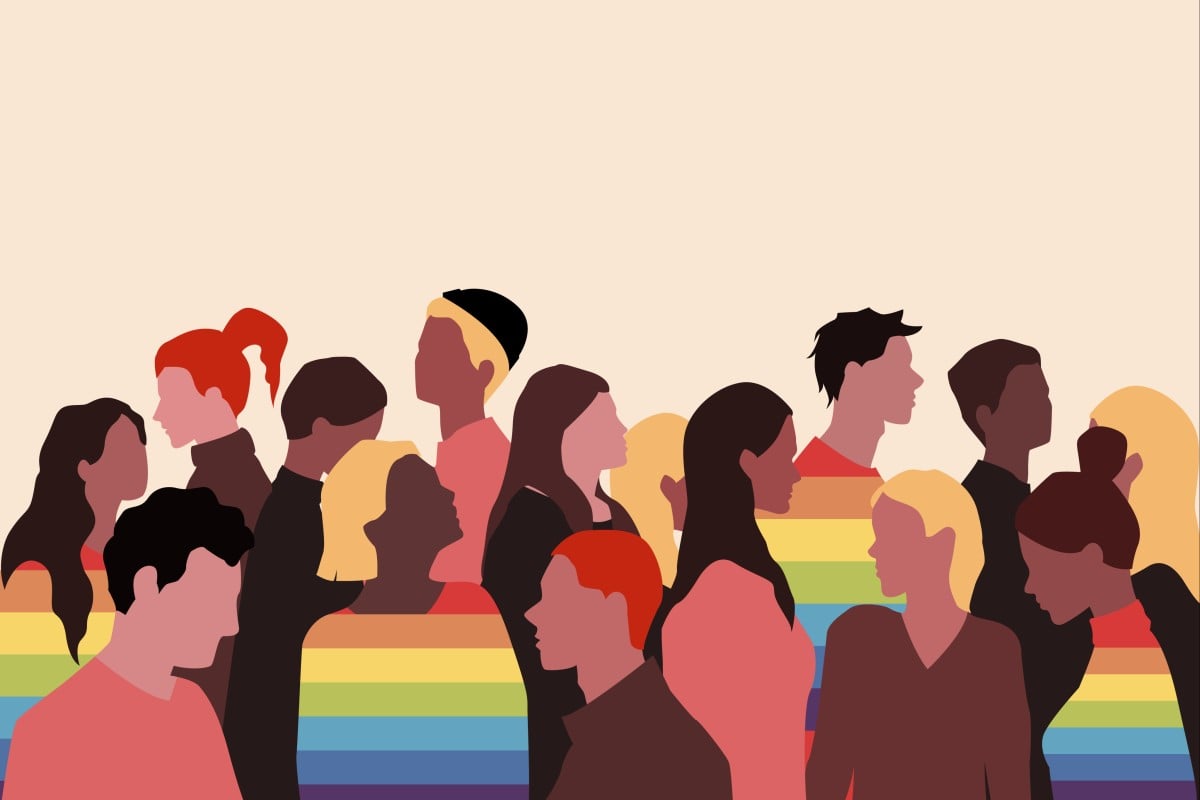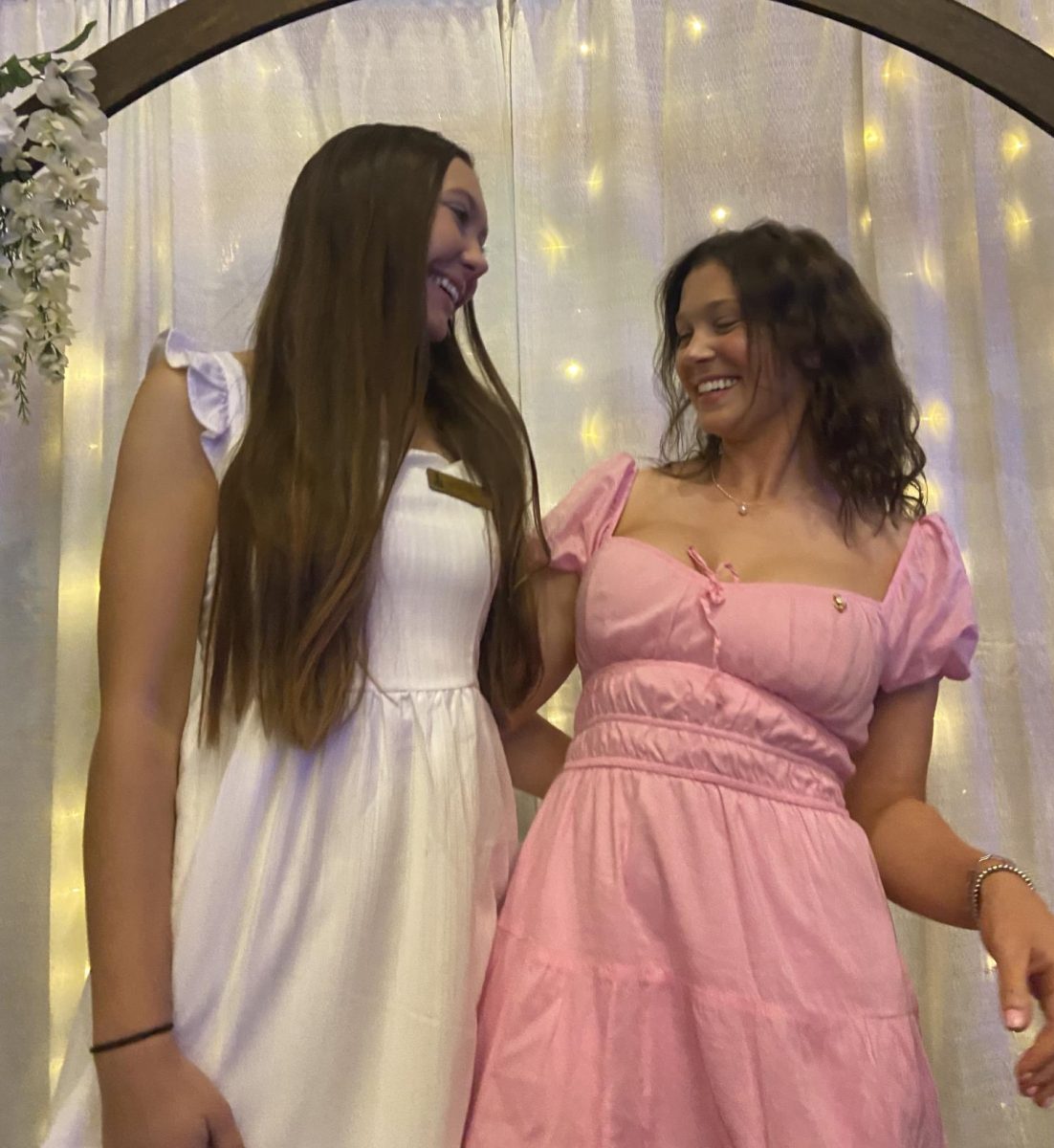I want to be Mary Tyler Moore when I grow up.
Well, that’s not entirely true. Mary Tyler Moore is a 71-year-old lady with diabetes and one-too-many facelifts.
I really want to be (the hunky male version of) Mary Richards, the character she played in the 1970s sitcom “The Mary Tyler Moore Show.”
Mary Richards was a spunky television journalist who could turn the world on with her smile. Nick at Night introduced her to me at age 5. I was transfixed. Every night, as 9 p.m. lurched closer, I would beg my parents to let me stay up an extra half-hour to see what schemes Mar and the gang would hatch next.
Thus began my love affair with journalism.
Mary worked at a struggling local news show in Minneapolis with snarky head writer Murray, bumbling anchorman Ted and prickly producer Lou.
The group always got the job done with plenty of time to spare for sharp one-liners and zany misadventures.
Mary strangely affected me when I was a little tyke. At 10 years of age, I even took a special trip to Minneapolis with my dad to retrace the events depicted in the opening credits of the show. (I was one of those really cool kids in middle school.)
Then again, I’ve always been a bit impressionable when it comes to the television set. My old friend has helped shape my outlook and aspirations for 21 years.
“Bewitched” convinced me I had supernatural powers. I wanted to trade those supernatural powers with the powers of perception and become a criminal psychiatrist when I caught an episode of “Law & Order Special Victims Unit.” When I inadvertently ran across a rerun of “The West Wing,” I was filled with political fervor and decided instead that national security was the niche for me.
But my TV isn’t just my personal Career Services adviser; we also contemplate deep philosophical debates together. When I turn the television off, the blank screen prompts me to ponder my fragile mortality.
I’m not attempting to list examples of my bizarre, co-dependant relationship with television. I’m simply trying to illustrate the power that television has to shape, at least in part, our worldview. This is what “The Mary Tyler Moore Show” did for me.
I’ll admit that it wasn’t really Mary’s journalistic bent that had me enthralled. “The Mary Tyler Moore” Show had an intoxicating optimism that’s missing from contemporary television- or contemporary anything, for that matter. At the end of the day, the show was about people from divergent backgrounds forging familial bonds. Journalism was the icing on the cake.
As my days in college dwindle away and I round the corner into full-blown adulthood, with all of its pesky responsibilities and male pattern baldness, I am starting to feel more than a hint of vulnerability. It’s almost time to march into the unknown and face a future without commercial breaks or cliffhangers.
But as I stare our bleak job market in the eye, I’ll remember the way Mary maintained her optimism in each sticky situation she faced.
My life might not come complete with a laugh track, but thanks to Mary, I know I’ll make it after all.
Adam Tamburin is a senior in the College of Arts and Sciences. He is Editor-in-Chief of The University News.








